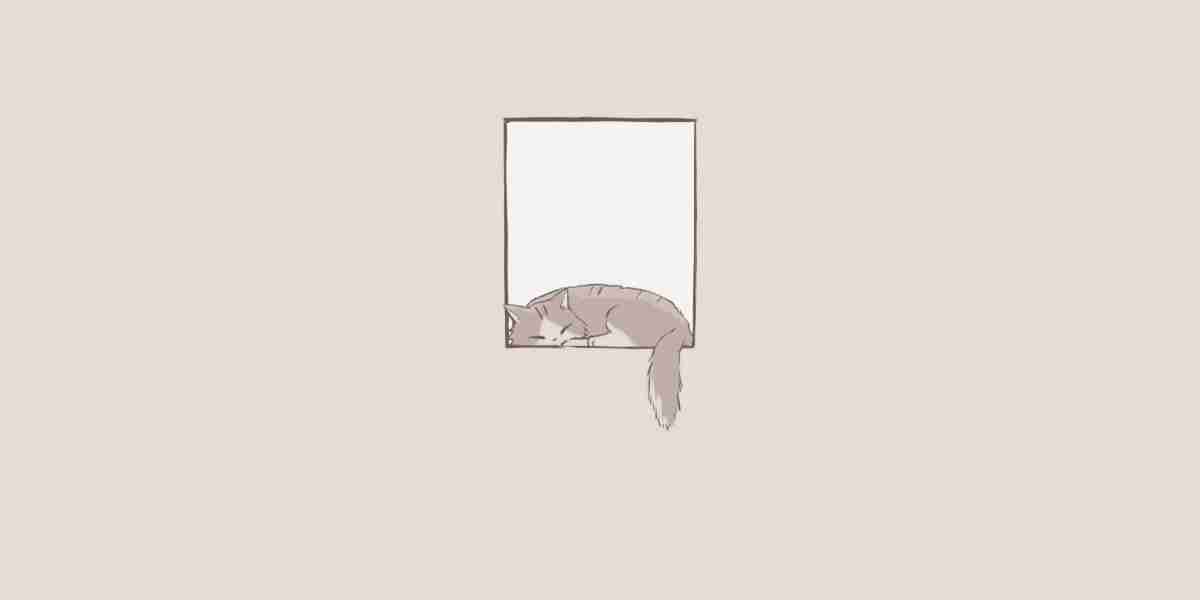The world of 3D printers is evolving at an unprecedented pace. As technology advances, the applications of 3D printing are expanding beyond traditional manufacturing to include sectors such as healthcare, aerospace, and even food production. This article delves into the innovations that are expected to shape the future of 3D printing in the coming decade.

Advancements in Materials for 3D Printing
One of the most exciting developments in the realm of 3D printers is the innovation of new materials. Traditional plastics are being supplemented with advanced composites, metals, and even bio-materials. These materials not only enhance the durability and functionality of printed objects but also open up new possibilities for applications.
- Metal 3D Printing: The use of metals in 3D printing allows for the creation of complex geometries that are often impossible to achieve with conventional methods.
- Bioprinting: This groundbreaking technology enables the printing of living tissues, which could revolutionize organ transplants and regenerative medicine.
- Eco-friendly Materials: The rise of sustainable materials, such as biodegradable plastics, is crucial for reducing the environmental impact of 3D printing.
Integration of Artificial Intelligence
Artificial Intelligence (AI) is set to play a pivotal role in the future of 3D printers. By integrating AI algorithms, manufacturers can optimize the printing process, predict failures, and improve the overall quality of printed products. How will AI enhance the efficiency of 3D printing? Here are some potential benefits:
- Enhanced design capabilities through generative design.
- Real-time monitoring and adjustments during the printing process.
- Predictive maintenance to minimize downtime.
3D Printing in Healthcare
The healthcare sector is poised to benefit immensely from advancements in 3D printing. From custom prosthetics to patient-specific surgical models, the potential applications are vast. Imagine a future where:
- Doctors can create tailored implants that fit perfectly to a patient's anatomy.
- Surgeons can practice complex procedures on accurate 3D models before entering the operating room.
- Pharmaceuticals can be produced in personalized dosages using 3D printing technology.
Conclusion: The Road Ahead for 3D Printers
As we look to the future, it is clear that 3D printers will continue to transform industries and improve lives. The innovations on the horizon promise to enhance efficiency, sustainability, and customization in ways we are only beginning to understand. For those interested in exploring the latest in 3D printing technology, consider visiting  for more information.
for more information.








